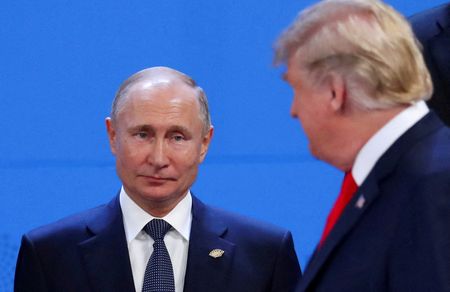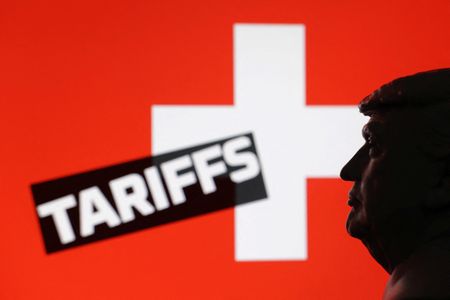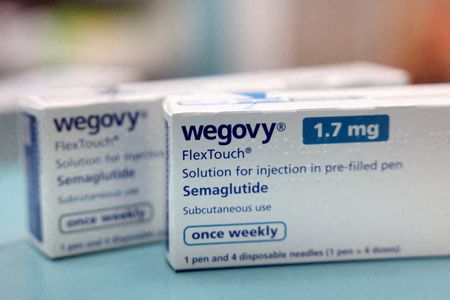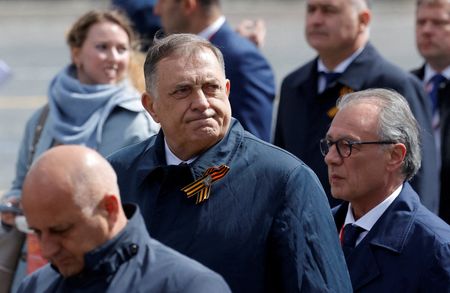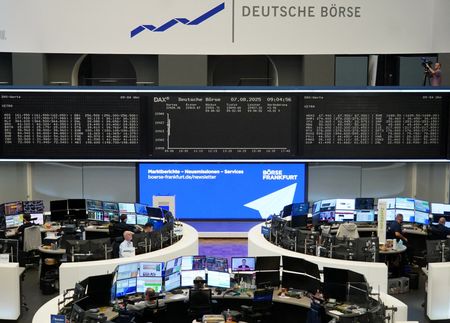BERLIN (Reuters) -Rheinmetall on Thursday reported second-quarter sales and profit below expectations, citing delays in German defence contract awards, but reaffirmed its full-year forecast.
The German defence company reported sales of 2.43 billion euros ($2.84 billion) in the three months to June, below the 2.53 billion euro consensus forecast according to a company-provided poll.
Shares in the maker of tanks, grenades, and infantry fighting vehicles fell 2.1% in early trade following the results.
The company confirmed its 2025 sales growth guidance, as orders worth billions of euros from the German military are expected to arrive significantly later in the second half of 2025.
Germany approved exempting defence spending from debt rules in March, opening the way for Europe’s largest economy to be able to borrow a total of 380 billion euros between 2025 and 2029 for defence.
“Our order books are full and will continue to grow in the future,” said CEO Armin Papperger.
“Rheinmetall is successfully on its way to becoming a global defence champion,” he added.
Operating profit of 276 million euros missed the consensus for 283 million euros, with difficulties in Rheinmetall’s civilian business and expenses for its new site in Weeze, Germany – where it will produce F-35 fighter jet parts – weighing on margins.
The company, which wants to focus on its military business, aims to make a decision on its flagging Power Systems division, which serves civilian industries, before the end of the year and is in talks with several interested parties.
Rheinmetall has benefited from increased spending on defence as European countries invest in their militaries to deal with the threat posed by Russia after it invaded Ukraine in early 2022.
The company is investing in several European countries to create new capacity to meet demand in its core markets of Europe, Germany and Ukraine, Papperger added.
The order backlog reached 63.2 billion euros in the first half, up from 48.6 billion euros in the same period last year.
($1 = 0.8569 euros)
(Reporting by Miranda Murray and Matthias InverardiEditing by Ludwig Burger and Louise Heavens)




